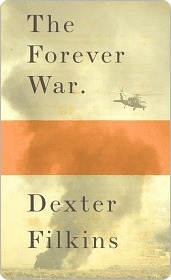More on this book
Community
Kindle Notes & Highlights
I tried to recall these things when I got impatient with the Iraqis.
But he walked with saddened eyes and stooped shoulders, like a man for whom life weighed too much.
And they went to the slaughter. Thousands and thousands of them: editors, pamphleteers, judges and police officers, and women like Wijdan al-Khuzai. The insurgents were brilliant at that. They could spot a fine mind or a tender soul wherever it might be, chase it down and kill it dead. The heart of a nation. The precision was astounding.
I felt bad for Khedairy but I wondered how she had flourished under Saddam. Perhaps this was unfair, perhaps it was malicious of me, but I couldn’t help but wonder.
The Iraqis lied to the Americans, no question. But the worst lies were the ones the Americans told themselves. They believed them because it was convenient—and because not to believe them was too horrifying to think about.
“If the enemy wins,” Zarqawi promised, “we will burn everything.”
Sometimes I got frustrated with them; sometimes I wished they asked more questions. But things were complicated out there in Keezletown and Punxsutawney; they were complicated in Falluja. Out there in Falluja, in the streets, I was happy they were in front of me.
Sometimes I imagine the live insurgent with the gun and the dead one we wanted to photograph, powder on his face, together at the top of the minaret in the moments before we arrived. What was he doing up there, the live insurgent? Cradling his buddy, weeping for him?
“We all have to die,” Jawad said. “To die for this, well, at least I will be dying for something.”


